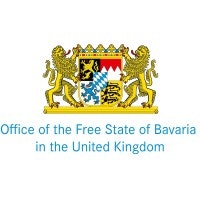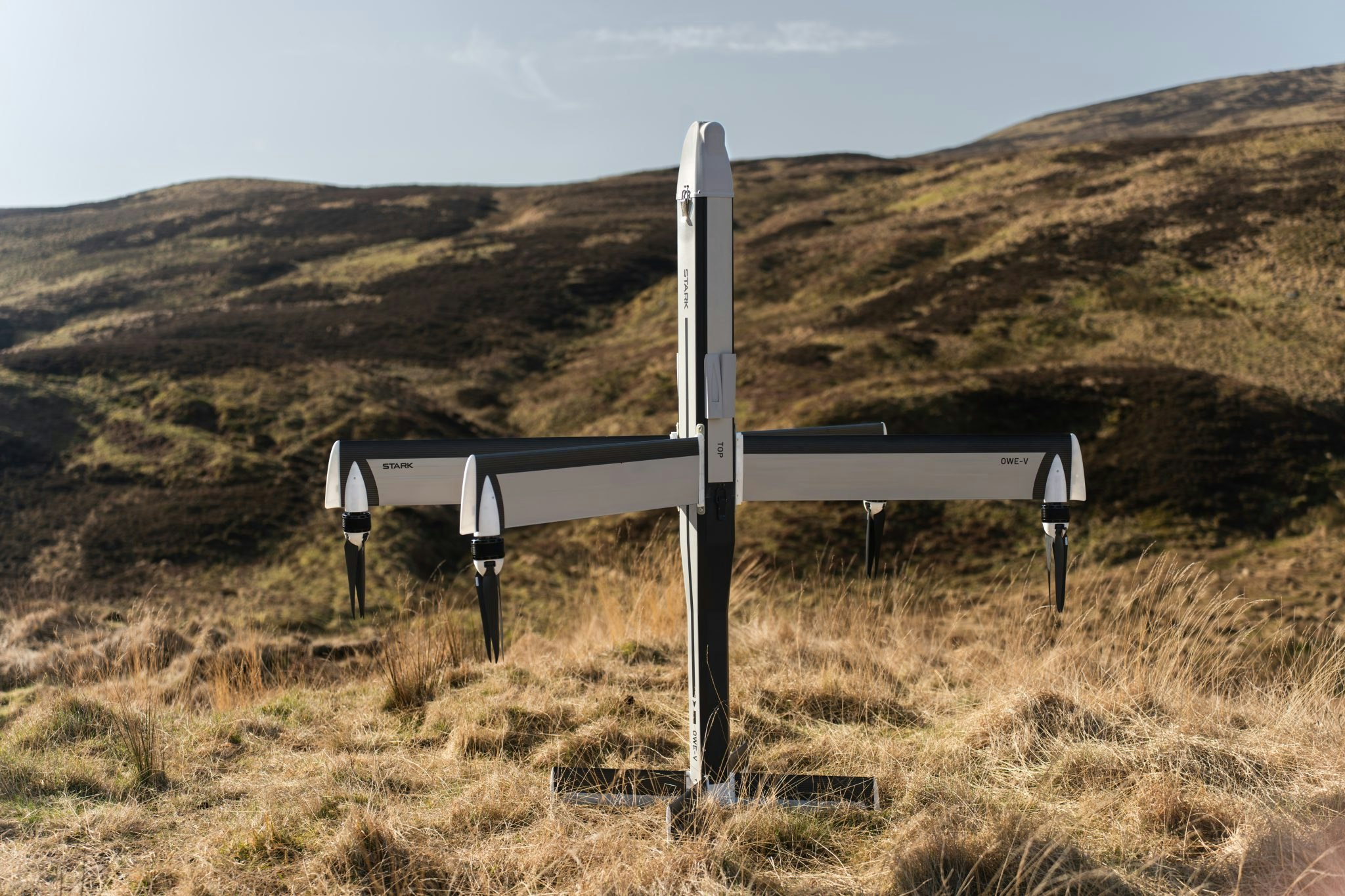Bavaria is known for its fairytale castles, rowdy beer halls and — more recently — as Germany’s fastest-growing startup region.
Last year, the region’s capital, Munich, overtook Berlin in terms of the number of startups per capita, with 14.5 startups per every 100k residents, compared to Berlin’s 13.6.
Bucking trends seen since the pandemic, the region’s startups also continue to pull in big money at high valuations. Last year, Munich-based HR software startup Personio raised $200m in funding, bringing its valuation to $8.5bn. A year earlier, data processing startup Celonis announced a $1bn raise, bringing its valuation to a whopping $11bn and making it Germany’s first-ever decacorn (a startup valued at $10bn or more).
Other unicorns — with valuations of $1bn or more — that call Bavaria home include international travel business Flix, AI robotics startup Agile Robots and robo-advisor platform Scalable Capital.
It is also a popular destination for startups abroad moving into the German market. In recent years, UK-based companies such as quantum computing startup Quantinuum, energy tech business Octopus Energy and cybersecurity unicorn Darktrace have opened offices in Munich. They join other international startups such as Israeli lidar tech developer Innoviz and Romanian software developer Oves Enterprise.
So what draws them to the region of Bavaria?
Bavaria: A deeptech capital
Bavaria is the EU’s seventh-largest economy with a GDP of €717bn in 2022, and home to international giants such as insurance firm Allianz, car makers BMW and Audi and tech giants like Siemens.
As such, “the Bavarian startup scene is very B2B oriented and very industry oriented compared to Berlin,” says Dr Carsten Rudolph, the CEO of BayStartUP, an organisation representing startups and investors in Bavaria. “This is an advantage if you are in this field as a startup, as you’ll probably find better traction early on.”

The region is also known for its deeptech prowess, spanning the aerospace, quantum computing, biotech and medtech industries. According to VC firm Morphais, seven of the ten largest deeptech funding rounds that took place in Germany in 2022 involved Bavaria-based companies. This included $400m more funding for Celonis, a $130m Series A round for robotics startup Kinexon and the $66m Series B round raised by biotech startup Tubulis Technologies.
More broadly, according to Dealroom, $2.4bn was invested into startups with a Bavarian HQ in 2022.
People power
Octopus Energy and Quantinuum, two UK startups that have expanded into Munich, say Bavaria’s talent ecosystem is its key strength. This hotbed of talent exists thanks both to Bavaria’s top-ranked research institutions and its proximity to industry.
Munich has one of the largest talent pools in quantum computing, and it’s a very favourable location for accessing students from higher education.
According to Earlybird VC, the Technical University of Munich produces the most AI founders of all European universities. The analysis shows that 35 founders listed the institution on their CV, putting it ahead of the likes of the University of Cambridge, the University of Oxford and Imperial College London.
“Munich has one of the largest talent pools in quantum computing, and it’s a very favourable location for accessing students from higher education,” says Waseem Shiraz, chief operating officer, Europe, at Quantinuum. The firm appointed quantum physicist Dr Henrik Dreyer to open its Munich office in April 2022. Today, Quantinuum has 10 Munich-based staff who are “at the core of a great many of our most important accomplishments,” Shiraz says, such as the discovery that it could move virtual particles around to create less error-prone quantum computers.
Octopus Energy entered the Germany market via its acquisition of Munich-based energy startup 4hundred in 2020. Bastian Gierull, Octopus Energy’s German CEO, says Munich’s rapidly growing startup ecosystem has made it easy to find the right staff. “There’s very talented people in Munich,” he says, adding that “being an energetic, agile and ambitious startup also helps us find talent”, as Octopus can pitch itself as a more exciting place to work than the large corporates it exists alongside.
A growing ecosystem
As more startups begin to call Bavaria home, this has created a positive feedback loop where the presence of incubators, government-backed funding programmes and conferences is growing in tandem.
Our decision to open in Munich was based on our desire to participate in the growth of a dynamic quantum computing ecosystem.
In 2021, the State of Bavaria provided €300m in funding to a number of research institutions to establish Munich Quantum Valley — a project that aims to create a quantum computing sector that could rival China and the US. “Our decision to open in Munich was based on our desire to participate in the growth of a dynamic quantum computing ecosystem,” says Shiraz.
Other specialist incubator and accelerator programmes are available, such as Plug and Play Munich, which covers the insurtech, health and retail tech industries, and UnternehmerTUM, which incubates startups in the AI, robotics, quantum and space sectors. Meanwhile, organisations like Invest in Bavaria and The Office of the Free State of Bavaria in the UK are available to help startups from abroad with their expansion plans. The Office of the Free State of Bavaria opened its doors in London in 2022, with a mandate to promote Bavarian-British cooperation.
Come for the industry, stay for the Gemütlichkeit
Munich was crowned as the world’s most liveable city by Monocle magazine in 2018. And as it has become a more desirable city for startups to do business in, a race for space has begun.
In itself, it isn’t a gigantic town — anywhere you are, you’re probably within 30 minutes of wherever else you need to be going.
“Munich is one of the cities with the highest cost of living, and there’s a lot of money and investment in Munich. That’s why it’s been attracting talent,” says Gierull. “In itself, it isn’t a gigantic town — anywhere you are, you’re probably within 30 minutes of wherever else you need to be going.”
According to JLL, prime office rents have risen 32% since 2018, from €37 per square foot per month to €49. Residential rents, meanwhile, are up 16% year-on-year. More affordable options are available — WERK1, for example, is a 24/7 coworking space that also runs networking events. In July, it opened a coliving space, offering services like coaching and mentoring alongside laundry and cleaning to help newly arrived founders settle in.
“Munich hasn’t reached London levels yet, but it is expensive on the personal side,” says Rudolph, adding that cities like Augsburg and Nuremberg are cheaper, if a little further away from the action. “As part of the ‘Gründerland Bayern’ initiative, we have a set of 19 startup centres spread over Bavaria which can offer office space also to foreign startups. They could be good starting points, since all of them are in the heart of the established Bavaria ‘Mittelstand’ industries.”
Still, Munich’s charm and international recognisability means it will likely remain a winner among startups looking to Bavaria. “The cosiness of Bavaria,” Shiraz says on reflection, referring to Gemütlichkeit, Germany’s equivalent to the Danish hygge. “I enjoy it.”
Interested in setting up an office in Bavaria? The Office of the Free State of Bavaria would love to talk to you about how you could make it happen over brezel and bier. Get in touch.




